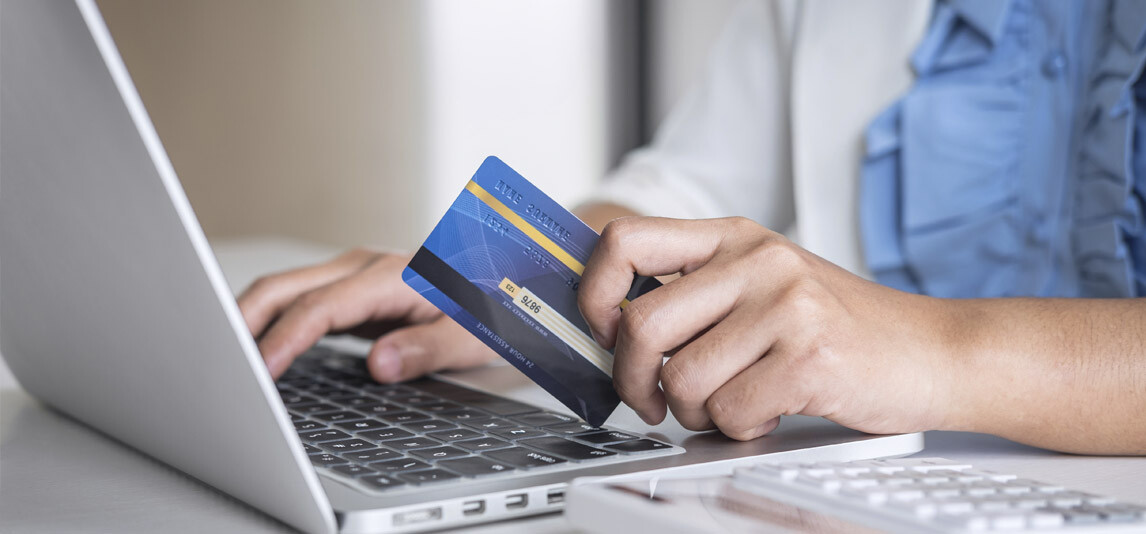Finwower is a leading advertising-supported and independent comparison service. Finwower receives a part of the revenue as compensation from all the offers that you see on the website from various companies. Depending on the compensation, you will see where and how the products appear on the website. For instance, you can look at how the order appears in the listing category. Of course, many other factors impact the appearance of the products, like the credit approval likeliness of the applicants and the rules of the proprietary website. Of course, it should also be understood that you will not find all the available credit or financial offers available today at Finwower.
All the reviews you see have been prepared by the staff of the Finwower. Yes, these opinions are received by the reviewer and have not been approved or reviewed by other advertisers. It means that all the reviews you see are unbiased and presented accurately, including the credit fees and rates. If you are looking for the latest information, it is suggested that you head over to the top of the page and visit the bank's website to check the data. All the credits at Finwower are determined from the FICO® Score 8; this is one of the many types of credit scores you will find in the market. When the lender is considering your credit application, they may use various types of said credit score to determine whether you qualify for the credit card or not.
6 types of bad credit loans and their use
Credit percattivi loans are intended for borrowers with low credit ratings who cannot obtain financing elsewhere. Lenders consider these loans riskier. As a result, regardless of the type of bad credit loan chosen, interest rates and fees are higher.
Loans without credit checks
As the name suggests, these loans do not require a credit check. However, they do carry high interest rates to compensate the lender for the risks involved. This means that you run the risk of having a monthly payment that is not in line with your budget and ending up in a spiral of over-indebtedness.
Some lenders extend the term of the loan to offer a lower, more attractive monthly payment. While this can make the loan more affordable from month to month, you will pay more interest over the life of the loan.
The most common non-credit check loans are payday loans, installment loans, auto loans, and cosigner loans.
Benefits
- No impact on credit score.
- Availability of secured and unsecured loans.
Disadvantages
- Not legal in all states.
- High interest rates and monthly repayments.
Short-term loans.
Although expensive, short-term loans offer a solution for those who have access to nothing else and no checking account. They can be quite predatory, so be careful if you need a loan.
Most lenders do not check creditworthiness and offer loans up to $500. However, payday loans should be used only as a last resort, as the cost is high, often more than 300%. In addition, you will have to repay the amount borrowed before your next payday, or incur significant fees if you decide to extend the term of the loan.
Benefits
- Same-day or next-day delivery.
- No credit check is required.
Disadvantages
- Extremely short repayment period.
- High interest rates, often 300% or more.
Cash advance
A cash advance allows funds to be withdrawn from the available credit card balance, up to the limit predefined by the credit card issuer. The amount borrowed is added to the credit card balance. You will probably pay a higher interest rate than for credit card purchases, but there are ways to limit the total cost.
As much as possible, use cash advances only for emergencies. Although they offer a quick solution in case of financial hardship, they can be expensive and keep credit card debt long term.
Benefits
- Funds are available instantly.
- They are less predatory than payday loans or loans without credit checks.
Disadvantages
- High interest rates, although lower than other bad credit options.
- Requires a credit card with an available balance.
Bank arrangements.
Some banks offer short-term loans for small amounts to account holders with a positive banking history. Qualifying criteria vary from bank to bank. You must therefore contact your bank to determine if this is a viable option. Credit unions also offer short-term loans at interest rates as low as 18 percent. You must be a member of the credit union to qualify, but their criteria are often less stringent than those of banks and other lending institutions.
Advantages
- Interest rates are lower than other credit options for people with poor credit.
- Funds are available quickly.
Disadvantages
- Much more difficult to obtain.
- Requires an open checking account.
Loans against securities
Sutitol loans allow you to borrow 25%-50% of the value of the vehicle. But there is a catch: the vehicle must be owned by you and must remain so until the loan is fully repaid. Most title loans have short repayment terms, between 15 and 30 days, and the loan amount usually starts at $100.
These are fast loans, but ease of access comes at a price. Interest rates are very high, and if you do not repay the loan on time, your car can be repossessed.
The advantages
- It is not always necessary to check the borrower's creditworthiness.
- Quick approvals and financing times.
Disadvantages
- Exorbitant interest rates.
- Risk of foreclosure in case of non-payment.
Lines of credit or participatory loans
Lines of credit and participatory loans are another popular secured loan option for borrowers with less than perfect credit. These loans act like second mortgages and convert a percentage of the equity accumulated in the home into cash. The advantage is that there are very few limits on the use of these funds.
The disadvantage is that they are secured by the house. You risk foreclosure if you do not repay the loan. However, they can work if you have not found better options elsewhere and if you do not anticipate having trouble paying on time.
Before applying, research potential lenders to see if you meet the minimum eligibility criteria. It can be difficult to find a suitable lender if your credit rating is not at least in the mid 600-point range. However, some lenders may be willing to do business with you if you have an acceptable debt-to-income ratio and meet other criteria.
Benefits
- Ability to obtain a larger loan.
- More competitive terms than personal loans for bad credit.
Disadvantages
- Risk of foreclosure.
- Financing time can be longer, typically 30 to 45 days.
Alternatives to loans for bad credit
Although bad credit loans are designed to help consumers who are having difficulty obtaining financing, they can be expensive and predatory. If you are faced with a financial emergency or unexpected expense, there may be viable alternatives.
- Consider turning to a charity. Local charities, churches and nonprofit organizations often offer help to members of their community. You can join forums such as Reddit and find local Facebook groups to see what options are available.
- Ask a relative or friend for money. Be sure to work out a repayment plan that works for both parties to avoid problems later.
- Use a credit card. If you have available credit on a credit card, the cost of using it is likely to be much lower than for a bad credit loan.
The most important thing is to try to establish an emergency fund and improve your credit. This will enable you to borrow in the future on better terms and at more competitive interest rates.
Posts:
Finwower is a leading advertising-supported and independent comparison service. Finwower receives a part of the revenue as compensation from all the offers that you see on the website from various companies. Depending on the compensation, you will see where and how the products appear on the website. For instance, you can look at how the order appears in the listing category. Of course, many other factors impact the appearance of the products, like the credit approval likeliness of the applicants and the rules of the proprietary website. Of course, it should also be understood that you will not find all the available credit or financial offers available today at Finwower.
All the reviews you see have been prepared by the staff of the Finwower. Yes, these opinions are received by the reviewer and have not been approved or reviewed by other advertisers. It means that all the reviews you see are unbiased and presented accurately, including the credit fees and rates. If you are looking for the latest information, it is suggested that you head over to the top of the page and visit the bank's website to check the data. All the credits at Finwower are determined from the FICO® Score 8; this is one of the many types of credit scores you will find in the market. When the lender is considering your credit application, they may use various types of said credit score to determine whether you qualify for the credit card or not.





